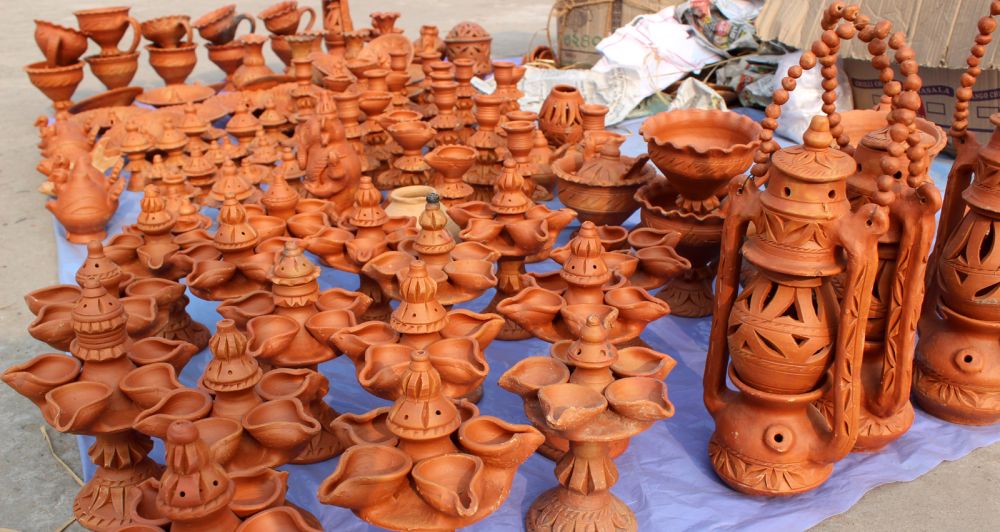

Bishnupur, a town in the Bankura District of West Bengal, is renowned for its ancient terracotta temples and exquisite terracotta crafts. This town was the capital of the Malla Kingdom for several centuries, with its golden period being from the 17th to the early 19th centuries. The historical significance of Bishnupur is deeply connected with the patronage of the Malla rulers who were devout followers of Madanmohan (Lord Krishna). Under their reign, the art of terracotta was conceived and flourished, primarily due to the lack of stone in the area. Local craftsmen instead utilized the abundant alluvial clay to create architectural wonders and intricate artefacts.
The rise of tourism in Bishnupur can be traced back to the late 20th century when people started to take interest in historical and cultural tourism. As the unique historical narrative and the rustic charm of Bishnupur began to surface, its temples, like the Jorbangla Temple and Shyam Rai Temple, distinguished by their intricate terracotta ornamentation, attracted history enthusiasts, art scholars, and tourists alike.
The tourism industry received a further boost with the Indian government recognizing the need to preserve this unique cultural heritage; Bishnupur was subsequently selected for the Indian Heritage Cities Network Foundation program by UNESCO.
Today, Bishnupur welcomes visitors from all corners of the globe. It is celebrated not only for its temples but also for its terracotta crafts, which include exquisite pottery, jewelry, and figurines. With the advent of sustainable tourism, there has been an increased emphasis on preserving Bishnupur's artisanal traditions and historic sites.
In recent times, experiential tourism has become popular, particularly among international tourists, who are interested in learning the complexities of terracotta art directly from local artisans. Workshops and interactive sessions often form part of such travel experiences. Alongside this, the West Bengal government has been promoting rural tourism, which has provided tourists a gateway to experiencing the local lifestyle and culture, markedly enhancing the overall appeal of Bishnupur as a destination.
The annual Bishnupur Festival, typically held in December, is now a significant event that showcases the region's music, dance, handicrafts, and cuisine, thereby encapsulating the spirit of Bishnupur for the visitors.
Bishnupur's unique blend of history, art, and culture ensures its place as a resilient and attractive tourism locale. Efforts to preserve the terracotta temples have been intensified in recent years, and the site is being considered for the status of a UNESCO World Heritage Site. Such recognition would not only underscore the global importance of Bishnupur's terracotta heritage but would likely result in further growth of tourism and global awareness of this West Bengali treasure.